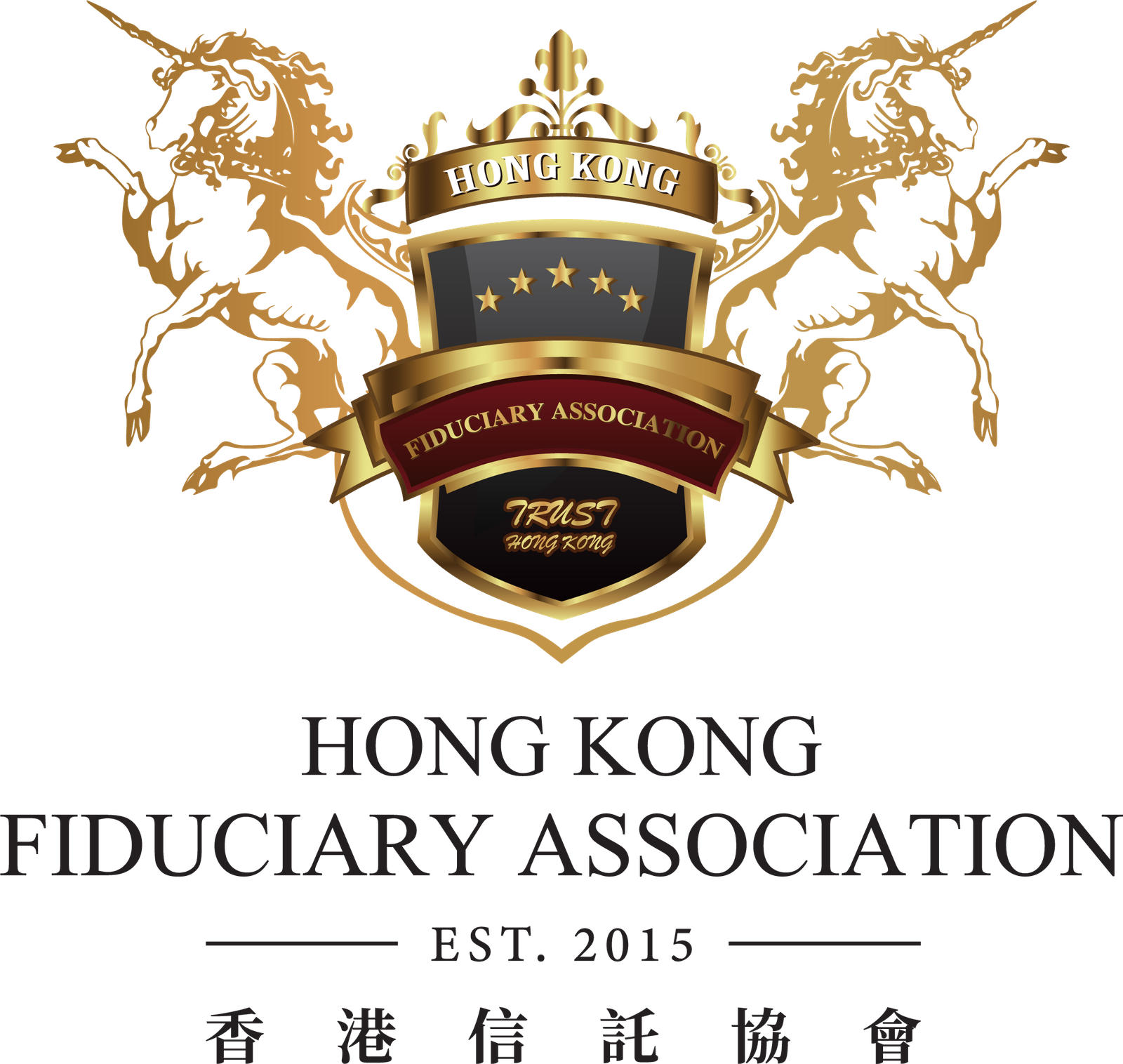Crypto Is Evolving. Your Wealth Structure Should Too.

The Problem No One Wants to Admit You’ve built a portfolio in Bitcoin, ETH, or private tokens. It is worth millions. But there is no legal structure around it. Most high-net-worth crypto holders still rely on: Wallets registered in their own name No written succession mechanism No protection from seizure or contested ownership No plan for family access after death or incapacity The decentralisation that makes crypto powerful also makes it fragile. If something happens to you or your private keys, your wealth may simply vanish. What Happens Without a Structure? Without legal structuring, crypto assets: Cannot be formally inherited May trigger tax issues in multiple jurisdictions Are difficult to enforce in legal disputes Can be frozen or lost without remedy These assets fall outside traditional estate planning tools unless intentionally structured. The Trust Solution Hong Kong trusts allow crypto holders to create clear ownership, define succession logic, and shield assets from common vulnerabilities. Within a discretionary trust, holders can: Place wallets or custodial entities under trustee control Create conditions for access or conversion (e.g. based on inactivity) Include DeFi revenue or token allocations Define multi-step inheritance pathways without probate This formality transforms informal wealth into a secure, enforceable structure. Why Hong Kong? Several jurisdictions are still hesitant on crypto. Hong Kong is not one of them. It offers: Common law recognition of crypto as property No capital gains tax on trust-held crypto gains TCSP-licensed professional trustees Flexible trust deed construction and settlor guidance Regulatory credibility with financial infrastructure These features make Hong Kong a logical home for serious crypto portfolios. Scenario: Preserving Crypto Without Risk A regional tech founder stores 70% of his wealth in digital assets across cold wallets and exchanges. He creates a Hong Kong trust with a set of detailed provisions: Wallets held under an entity structure Trustee receives distribution instructions via secure protocols Beneficiaries access funds in stages based on predefined triggers Non-family members excluded through protective clauses The structure prevents key loss, blocks legal challenges, and enables cross-border continuity without probate. What Can Be Held in Trust? Hardware wallets and digital tokens NFTs, tokenised IP, and smart contracts Stablecoins and staking rewards Private equity tokens and digital securities Exchange accounts via holding companies All assets are treated as legally ownable and transferable under Hong Kong trust law. Strategic Planning for Digital Wealth High-net-worth crypto holders are turning to trust-based planning, not only for tax purposes but to maintain access control and prevent irreversible asset loss. Modern structures often combine custodial services, legal trigger mechanisms, and carefully drafted trust provisions. Guidance from estate and crypto specialists is becoming standard. Structuring Takeaway Hong Kong offers a rare combination: legal recognition of crypto, flexible trust tools, and institutional-grade trustee services. For digital wealth that needs to last, cross borders, and remain accessible, this is not just a suitable jurisdiction — it is a strategic one.

 Chinese (Simplified)
Chinese (Simplified)

